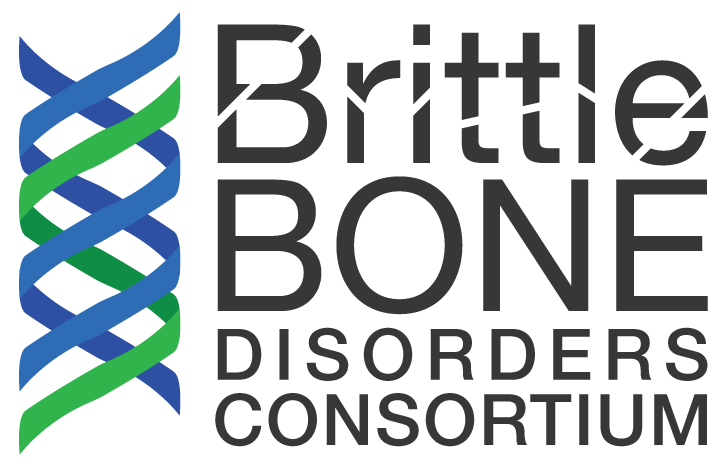Skip to main content
- Cell: The basic structural unit of all living organisms. It is surrounded by a membrane and contains a nucleus which carries genetic material.
- Chromosome: A microscopic rod-shaped structure present in the nucleus of all body cells except red blood cells. Chromosomes store genetic information (genes). Normally, humans have 23 pairs for a total of 46 chromosomes. In each pair, one chromosome is inherited from the mother and one from the father.
- Collagen: The major structural protein in the human body. Collagen forms the long fibers that are the underlying structure in connective tissue, such as cartilage, skin and bone. There are many types of collagen in the human body. Defects of type 1 collagen are known to cause OI.

